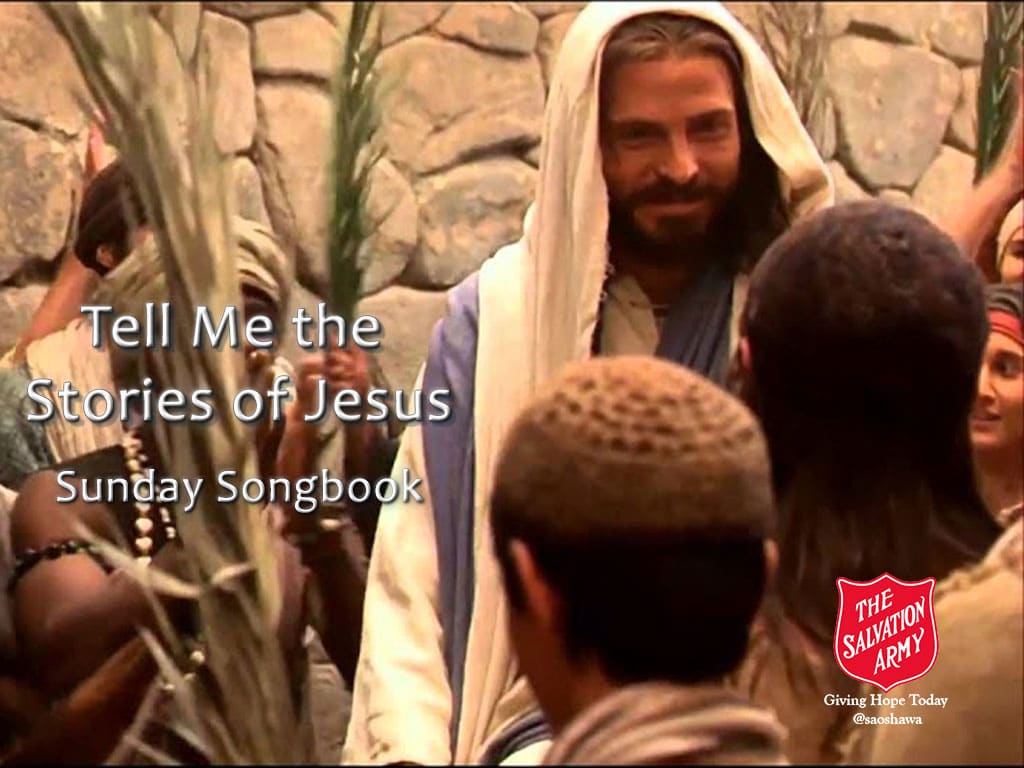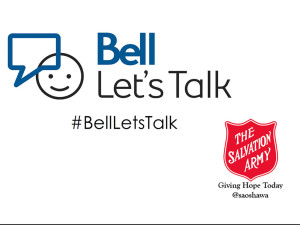Tell me the stories of Jesus I love to hear;
Things I would ask Him to tell me
If He were here –
Scenes by the wayside,
Tales of the sea,
Stories of Jesus,
Tell them to me.
First let me hear how the children
Stood ’round His knee,
And I shall fancy His blessing
Resting on me;
Words full of kindness,
Deeds full of grace,
All in the love light
Of Jesus’ face.
Tell me, in accents of wonder,
How rolled the sea,
Tossing the boat in a tempest
On Galilee;
And how the Master,
Ready and kind,
Chided the billows
And hushed the wind.
Into the city I’d follow
The children’s band,
Waving a branch of the palm tree
High in my hand;
One of His heralds,
Yes, I would sing
Loudest hosannas –
Jesus is King!
Show me that scene in the garden,
Of bitter pain;
And of the cross where my Saviour
For me was slain;
Sad ones or bright ones,
So that they be
Stories of Jesus –
Tell them to me.
Written first for children, this song gives a simple outline of significant events in Jesus’ life. This week we celebrate the story told in verse 4: Jesus’ triumphal entry into Jerusalem, accompanied by palm-waving and hosanna-shouting crowds. Would we churchgoers of today have been among those publicly praising Him? Or might we have stood back, concerned with the opinions of His opposers – or even those of our indifferent neighbours?
William Parker, the hymn’s author, was born in Nottingham, England, in 1845 and began writing poems in his youth. He was a member of a Baptist church and had much interest in Sunday Schools. He had many hymns published, some in collections called The School Hymnal, The Children’s Book of Praise , and Sunday School Hymnary . Most were written for Sunday School anniversaries. The above song was written about 1885 after his Sunday School class said, “Teacher, tell us another story,” and originally had six verses.
WORDS: WILLIAM PARKER; MUSIC: FREDERIC A. CHALLINOR
S.A. SONG BOOK, 1987 EDITION, #848; 2015 EDITION, #151
REFERENCES: HYMNARY.ORG; UMCDISCIPLESHIP.ORG







